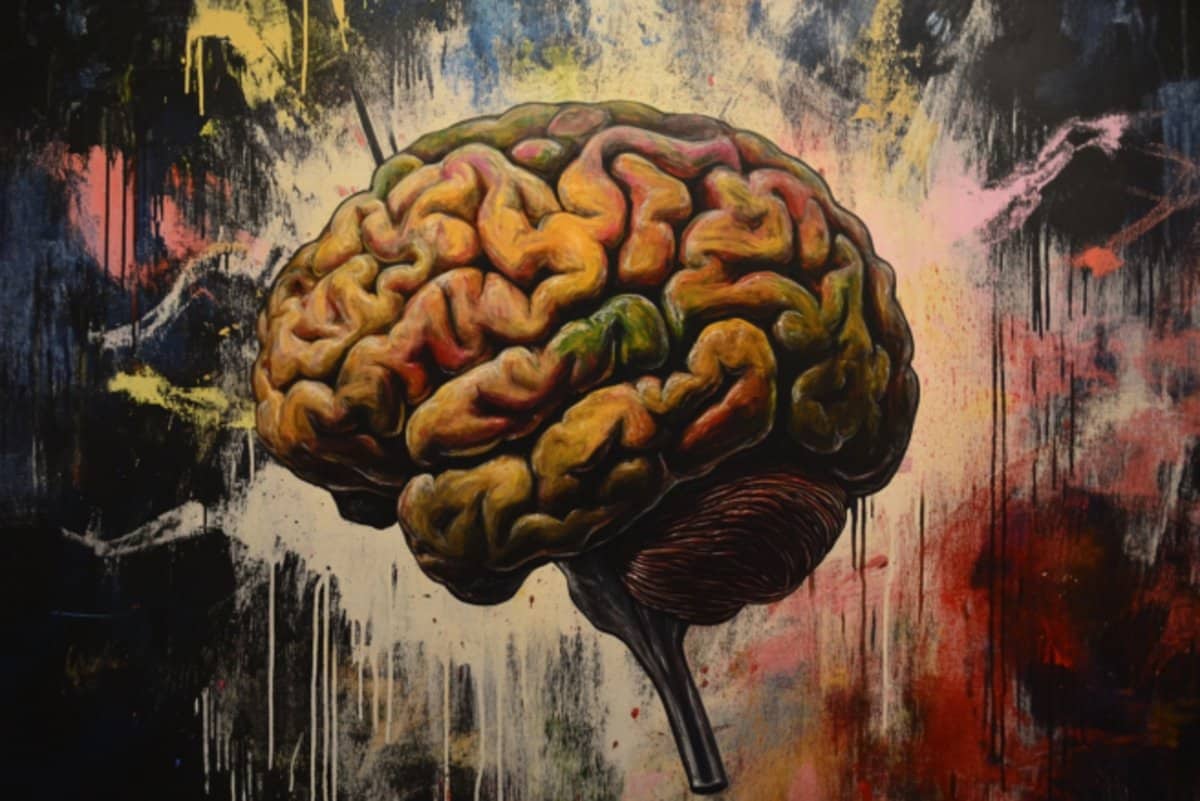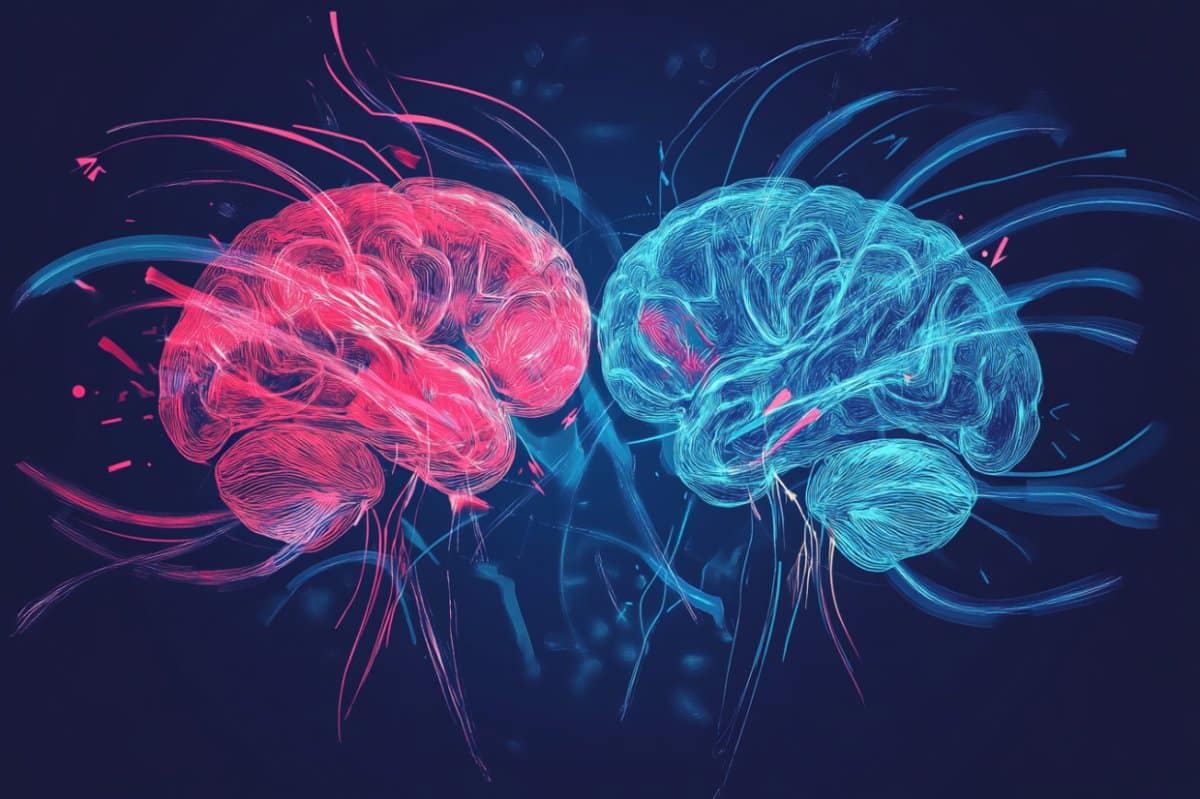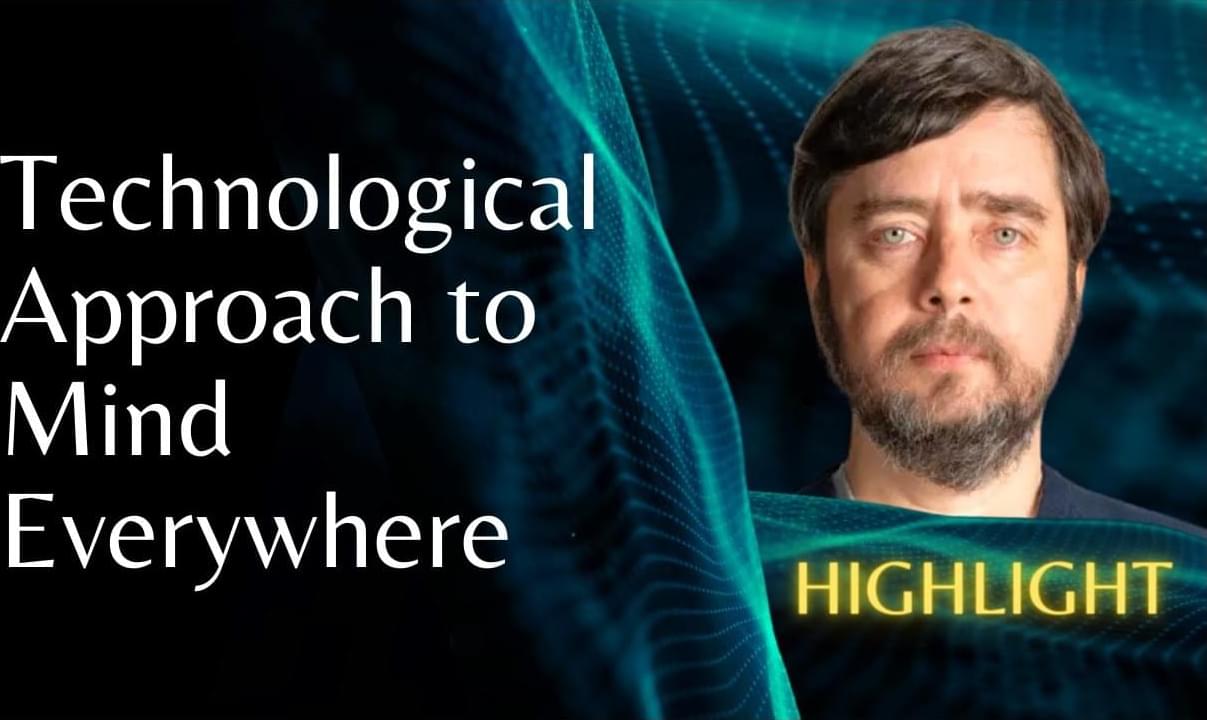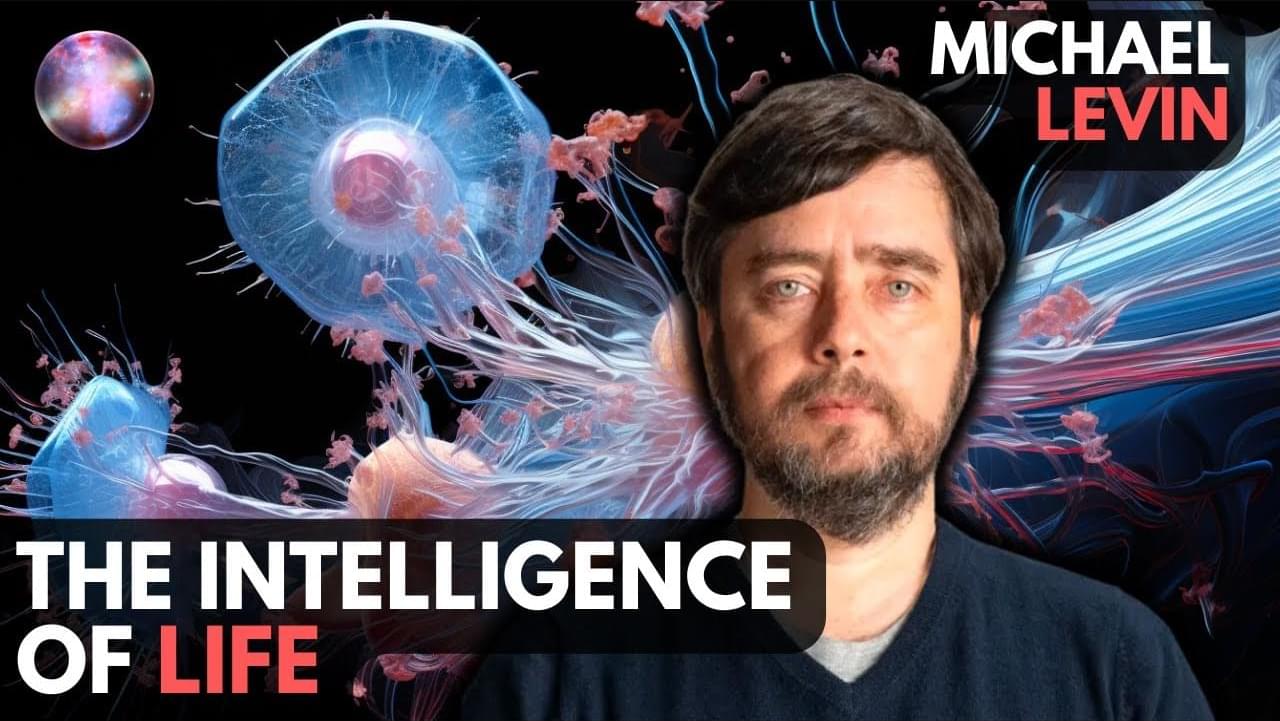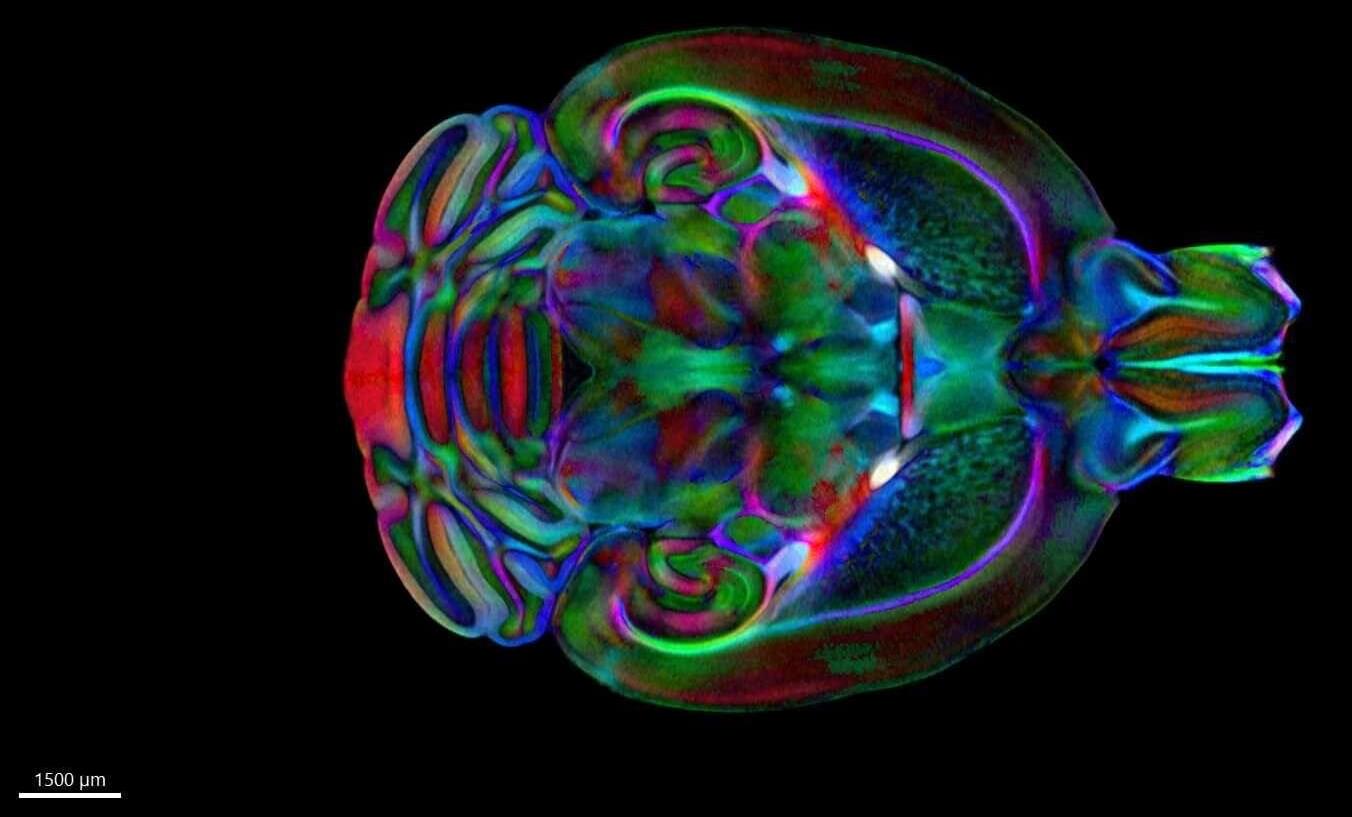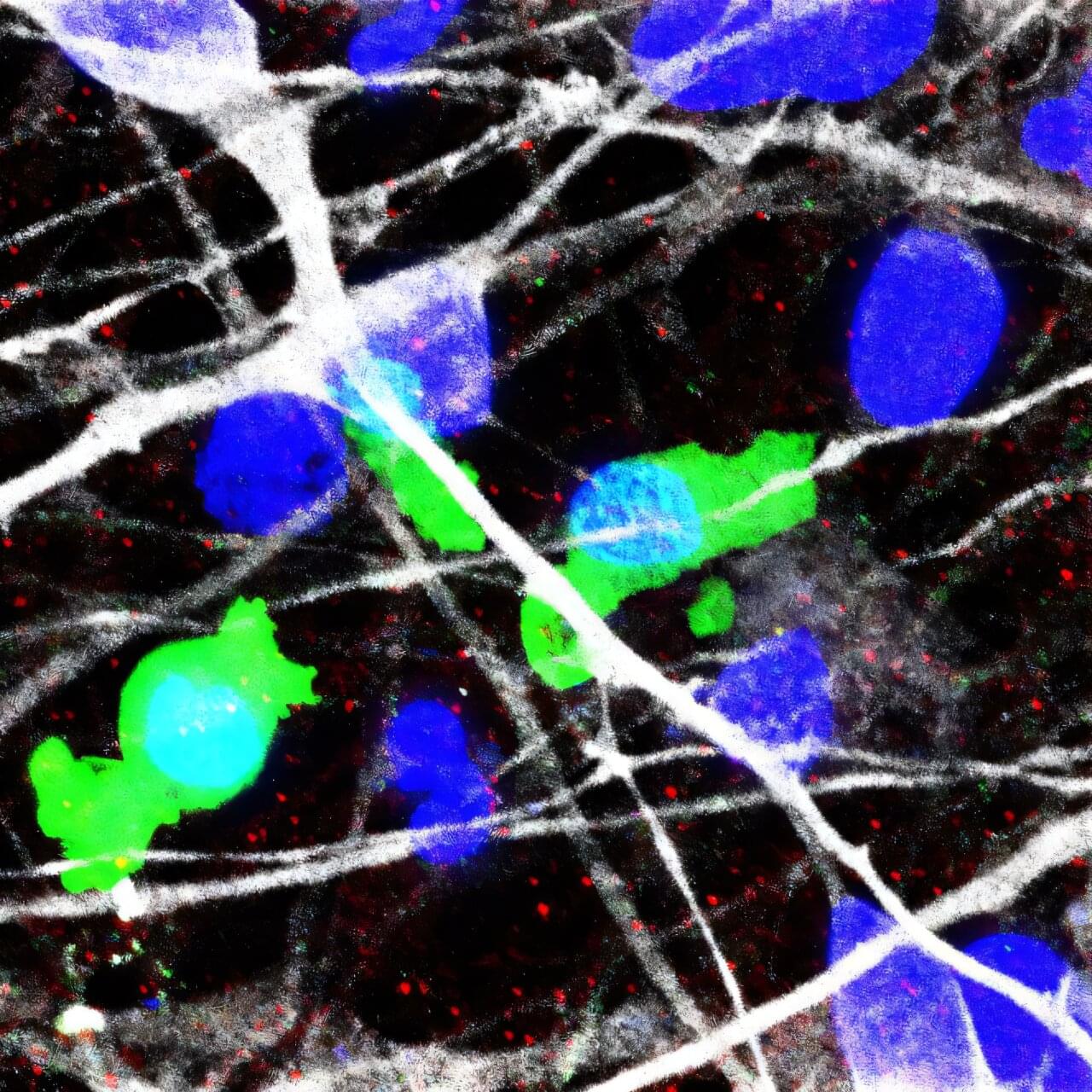This could also have a negative impact on research since patients with PSP may be misdiagnosed with Parkinson’s disease and be included in a trial that targets the wrong protein, influencing the results.
The research that led to the PSP breakthrough has roots in an earlier study. In previous research, Martinez-Valbuena and his colleagues developed a test that could detect misfolded alpha synuclein protein in the skin in patients with Parkinson’s.
Researchers have since validated that assay and hope it can be used in clinical trials, although the test is not yet available for clinical diagnoses.
